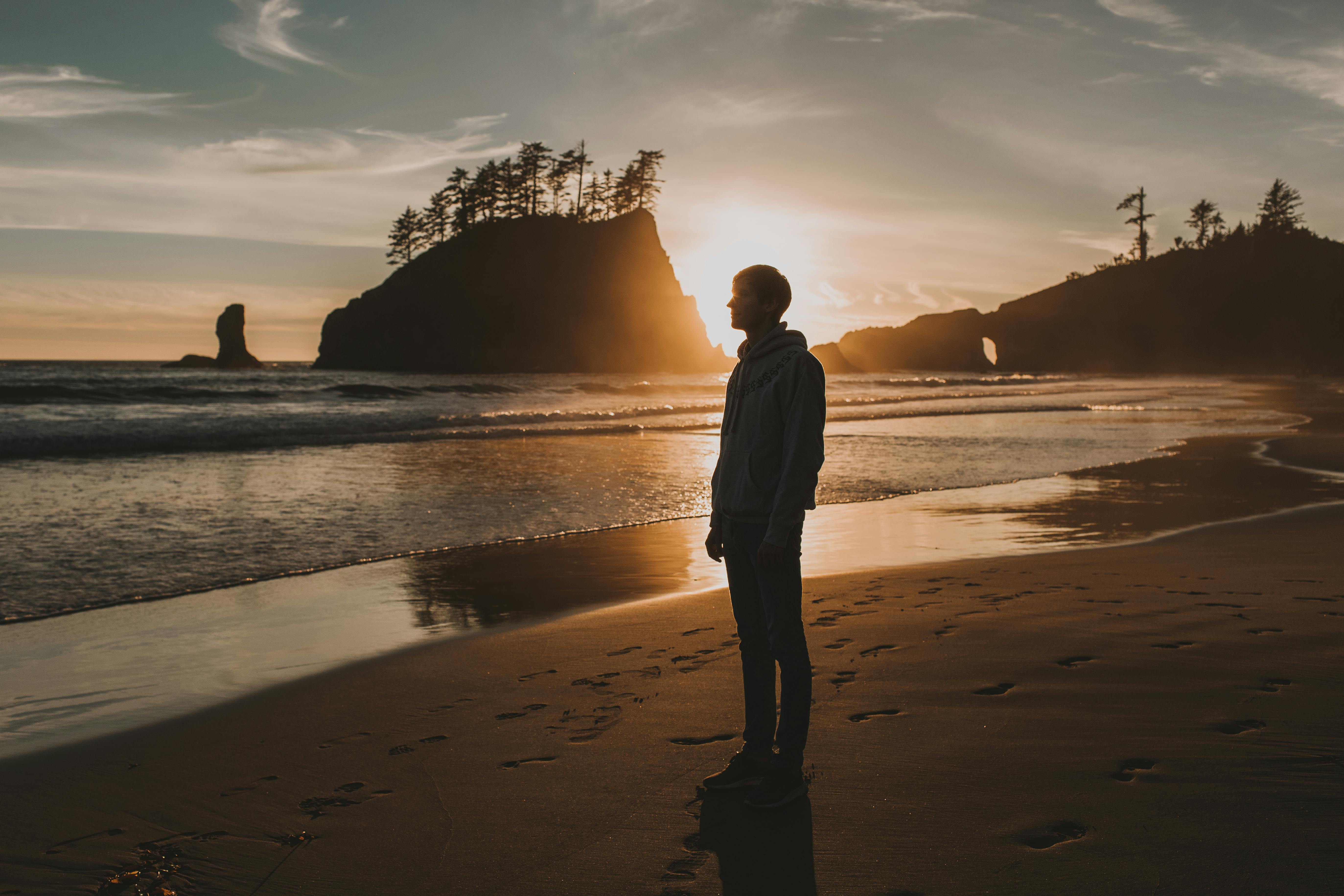
“You could have it all, my empire of dirt.
I’m going to disappoint you. I will hurt you. “
~ Nine Inch Nails, “Wounded”
The lyrics to the song “Hurt” remind me of a man named William Randolph Hearst. He made and lost fortunes with the pioneering “yellow newspaper,” a simple term for gossip newspapers that had a way of misrepresenting the truth. He lived an eventful life; he hired Mark Twain, interviewed Hitler, and even ran for public office. It is widely rumored that he died alone and broke, after concentrating so hard on buying items for a home that he never finished. Today, we mainly know his legacy as Hearst Castle.
“The best mentors are often the ones we choose to guide us even when the council stops.”
~ Culture Inc. and the seven scrolls
One of my mentors, along with his wife, made the family decision to foster foster children. They had children of their own, yet they felt called to care for needy children outside of their family nucleus. Bill and his wife took in two brothers who came from a broken home where food was scarce and a history of abuse was the norm.
One day, Bill’s wife had made dinner and the foster children came into the dining room to eat. When dinner time came to an end, Bill noticed strange behavior. Both children hid chicken and bread in their pockets to eat later.
Bill sat both children down. “Listen,” he said. “I want you to take what you have in your pockets and put it back on the table. You both need to understand that there will be a lot of food here at every meal: breakfast, lunch and dinner. And if you are still hungry, I can go to the kitchen and my wife will provide snacks. We are a family here, and none of you will have to go hungry while living in this house. ” I wish I had met Bill earlier in my life to listen to his wisdom and embrace his spirit of abundance. Bill has never stopped giving, and each year he has grown in terms of financial wealth to become one of the richest people I have ever met.
My family grew up on welfare for a season. I was born to a single mother who, at seventeen, had various jobs just to keep food on the table and a roof over our heads. He had a knack for survival and an incredible work ethic. I have to thank you for many of the skills that I draw today.
I was always grateful for the help we receive during the most difficult periods of our lives. Even with the help of welfare agencies and a mother who worked hard and budgeted every penny, we didn’t always have enough to survive from week to week. In those difficult times, the local church often left groceries at our home.
Although I drew many positive values from these experiences, I also developed some negative patterns. I was afraid of being poor. I witnessed the hardships poverty brought to my family and hardened my heart with the memories of having little.
As my fear overshadowed the blessings and little joys in our lives, I discarded and forgot the good times and the good times. My mom had been beautiful and free. Despite the heavy loads he carried from day to day, he still took the time to “play toys” with me on the floor. She would dance and act like a fool. She was amazing. This was truly one of the most spiritually rich seasons of my life.
It saddens me, even now, to have buried my good memories with the bad ones. I thought money was the answer. This was, in my mind, the way to free myself from misery. Eventually I would learn how wrong I was in my own thinking.
As I got older, I accumulated things. At the age of twenty-nine, he had four houses, two businesses, and a decent-sized bank account. I felt fulfilled. I had separated from my childhood education. I did, or so I thought. As I contemplated my life and my success, I realized that I was alone, like Hearst, even in my marriage. I had spent most of my time and money on myself. Like the foster kids at the table, I was stuffing my pockets instead of trusting that there would be fresh new things on the table tomorrow.
Here’s what I learned the hard way: more money and things only deepened my spirit of poverty. They were not of the greatest value to me. I would feel fulfilled only for a moment that would quickly fade each time I acquired more things. He was building an empire of land; I had money in my pockets, but I had no purpose in my life. When I was a child, I had the experience of being free. He was not chained to things, obligations, debts, and desires. It took me many years to learn that it was liberating the things of the world and giving to others that built my greatest sense of wealth as an entrepreneur.
Leave a Reply